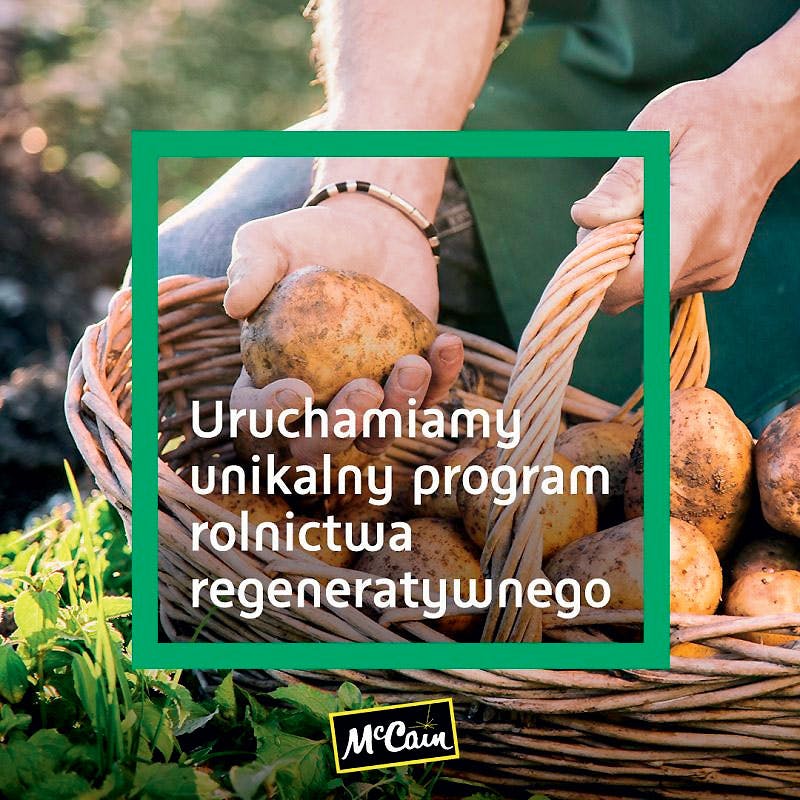TRANSITIONSupporting corporate clients on their way to a more sustainable economy
Actively committed to supporting projects with positive environmental and social impacts, BNP Paribas helps its corporate clients in the transformation of their practices in order to move towards a more inclusive world that emits less greenhouse gases. Here is a look at a few initiatives that support the transition.
Commercial & Personal Banking in France is expanding its range of offers to corporate clients with “Financement Décarbonation” (Decarbonisation Financing). This sustainable loan encourages small and medium-sized enterprises (SMEs), mid-caps and associations to reduce their CO2 emissions, with a simple principle: the interest rate of the loan is adjusted according to the reduction in the borrower’s greenhouse gas emissions. To benefit from a subsidised rate, the decarbonisation target set previously must be achieved.
COMBINING CONSULTING AND FINANCING
To provide expertise and advice to SMEs and mid-caps on energy transition opportunities and trajectories, BNL BNP Paribas created its new Green Desk, based on the existing one, which previously focused exclusively on agroenergy financing. This dedicated business centre supports these companies in their transformation journey, providing them with a team of 30 sector bankers who are experts in the energy transition. Furthermore, the Italian commercial & personal bank acted as global coordinator and agent bank to organise, alongside other major financial institutions, joint financing for illycaffè. This leading Italian brand of coffee specialities is the first company to receive DNV - Business Assurance certification on the Responsible Supply Chain Process, which attests to its ability to provide a responsible approach throughout the production chain. This sustainability-linked loan of €124 million modulates the interest rate according to the achievement of objectives such as greenhouse gas reduction and gender pay equality.

SUPPORTING THE TRANSITION TO REGENERATIVE AGRICULTURE
To encourage the transition to sustainable agriculture, BNP Paribas Bank Polska, a committed supporter of green transformation in Poland, signed a partnership agreement with the Berlin-based start-up Klim, which aims to facilitate the transition of farms to regenerative agriculture. As part of the Group’s €200 million impact investment envelope, jointly managed by the Company Engagement department and BNP Paribas Asset Management, the Group also invested in this start-up to enable a greater European and international reach. BNP Paribas also encourages major players in the agri-food industry to adopt sustainable production methods that minimise their negative impact and increase positive effects, such as carbon sequestration and biodiversity conservation. McCain, a potato specialist, worked with BNP Paribas Bank Polska to launch a regenerative agriculture programme in Poland to promote cover crop and crop rotation among its producers. McCain is committed to 100% of its potatoes being grown through regenerative agriculture by 2030. To reach this target, growers must follow precise specifications, and BNP Paribas Bank Polska provides them with dedicated support and financing solutions (see page 68).

Energy renovation offerings adapted to each project
Commercial & Personal Banking in France provides private individuals with a wide range of offerings to support them in the energy renovation of their homes throughout their life as owners. Upon acquisition, they can benefit from the Energibio Acquisition financing solution, to help them improve the energy efficiency of their future home. Customers who are already homeowners and want to renovate their properties can take out Energibio and Eco-PTZ loans. Upstream of their discussions, the “Mon Projet Rénovation” (My Renovation Project) platform enables them to identify priority energy renovation works, check their eligibility for financial aid from the State and energy suppliers for their work, and find out about the conditions for obtaining and identifying the best financing solution with the Bank. This range will soon be supplemented by an offering launched in partnership with IZI by EDF, the consumer brand of the French energy company. Notably, bank advisors will help their customers identify the work to be carried out, choose craftsmen and request quotes, from which the subsidies will be automatically deducted. In its pilot phase, this solution will be rolled out by the end of 2025.
